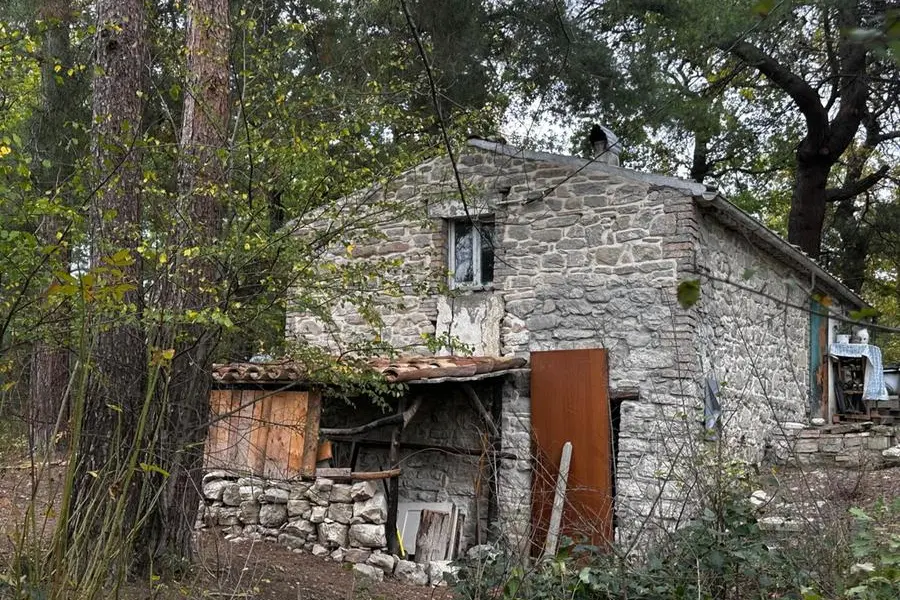When the protection of children is at stake, between the family and the intervention of social and judicial services, cyclically in our country fierce ideological clashes between opposing positions are triggeredwhich too often become dialogues between the deaf, often exploited by political-party clashes. So it is not so much about understanding the values at stake and the reasons of the various actors, but simply about aggressively shouting one’s arguments against those of others in an increasingly louder way. And so the serious debate on the rights of people and minors, based on international charters and the Constitution, quickly becomes yet another stadium derby, which identifies enemies and finds oversimplified solutions to complex problems. This was the case with the Serena Cruz affair (1986, who remembers her?), a case of “illegal adoption”; this was the case, more recently, with the story of Bibbiano’s alleged abuse (now closed judicially), and it is the same today, with the complex story of the “family in the woods”, which saw a drastic intervention by juvenile justice that “takes away the children” of a couple (moreover foreign) who had chosen an absolutely “deviant” lifestyle compared to a “normal”, or at least “divergent” model.
The history of the entire affair is long and complex, and we do not believe it is wise or legitimate to take a position, which then means “which ultras curve” to choose. The dialogue between the family and the services was long and turbulent, the points of possible meeting and conflict were numerous, e.g the decision to intervene with such a drastic measure was certainly not taken lightly, such as the substantial separation of children’s children from their parents, albeit in mitigated forms (the father no but the mother yes, but only for a few hours, etc.).
Yet these children were neither abused nor neglected, essentially. And not even “alone in the woods”, as it seemed at first glance, given that around thirty families have emerged, “friends”, who are experimenting the same lifestyle in the same woods, also keeping each other company, among adults and children. Nor are they “deprived of the right to school”if it is true that the parents provided with home schoolinga form with which parents undertake to offer training courses at home that are similar and equivalent to those at school – this too is an original and little-received form in our country, but still legitimized and regulated by the rules.

Here “the form of care” seems to be much more at stake, not its absence, not explicit mistreatment or abandonment; it almost seems that our judicial system has not been able to recognize a different form of parenting, played on the relationship with nature, on an alternative life project, on the abandonment of some resources and endowments which for the vast majority of Italians must be part of the minimum package of citizenship rights, but which were not indispensable for this family: electricity and gas utilities, running water, adherence to consolidated social protocols (including health protection through vaccinations, to be honest). We are in a “grey area”, where parental responsibility is unquestionably present, but is exercised in ways that to many seem questionable (so questionable to the point of erasing it). Ultimately that is exactly what the art. 30 of the Constitution represents: “It is the duty and right of parents to support, educate and educate their children, even if born out of wedlock. In cases of incapacity of parents, the law ensures that their duties are carried out”. Parents have the full duty/right to be parents; the law has the – very difficult – task of understanding whether the method is inadequate (“incapacity” is an exquisitely legal concept, as well as a qualitative one).
In essence these parents are “radically different” parents, but it is difficult to argue that the educational bond was harmful to the children’s well-being; thus it is difficult to evaluate whether such a radical intervention, such as removing children from their parents, will have more positive consequences than the negative impact that this separation certainly entails. Nor should even just concern for hygienic and socio-economic conditions be enough to suddenly cut off family ties..
We therefore hope for a path of double reasonableness: on the part of the courts and services a “mild jurisprudence” approach, which keeps family relationships alive, and does not interrupt the parent-child bonds of this family, which is “definitely strange”, but could also be “good enough” (as Bettelheim recalled). On the part of parents, on the other hand, the questioning of such a radical life model, or at least a serious dialogue with the external social context, not for fear of State intervention, but to reflect on how the present and future well-being of a child is nourished and protected (of your baby!). Because it remains true that “to educate a child an entire village is needed, but together with his family. And here the greatest value that seems to have been lost is precisely the necessary educational alliance between family and society.
*Director of CISF (International Center for Family Studies)


